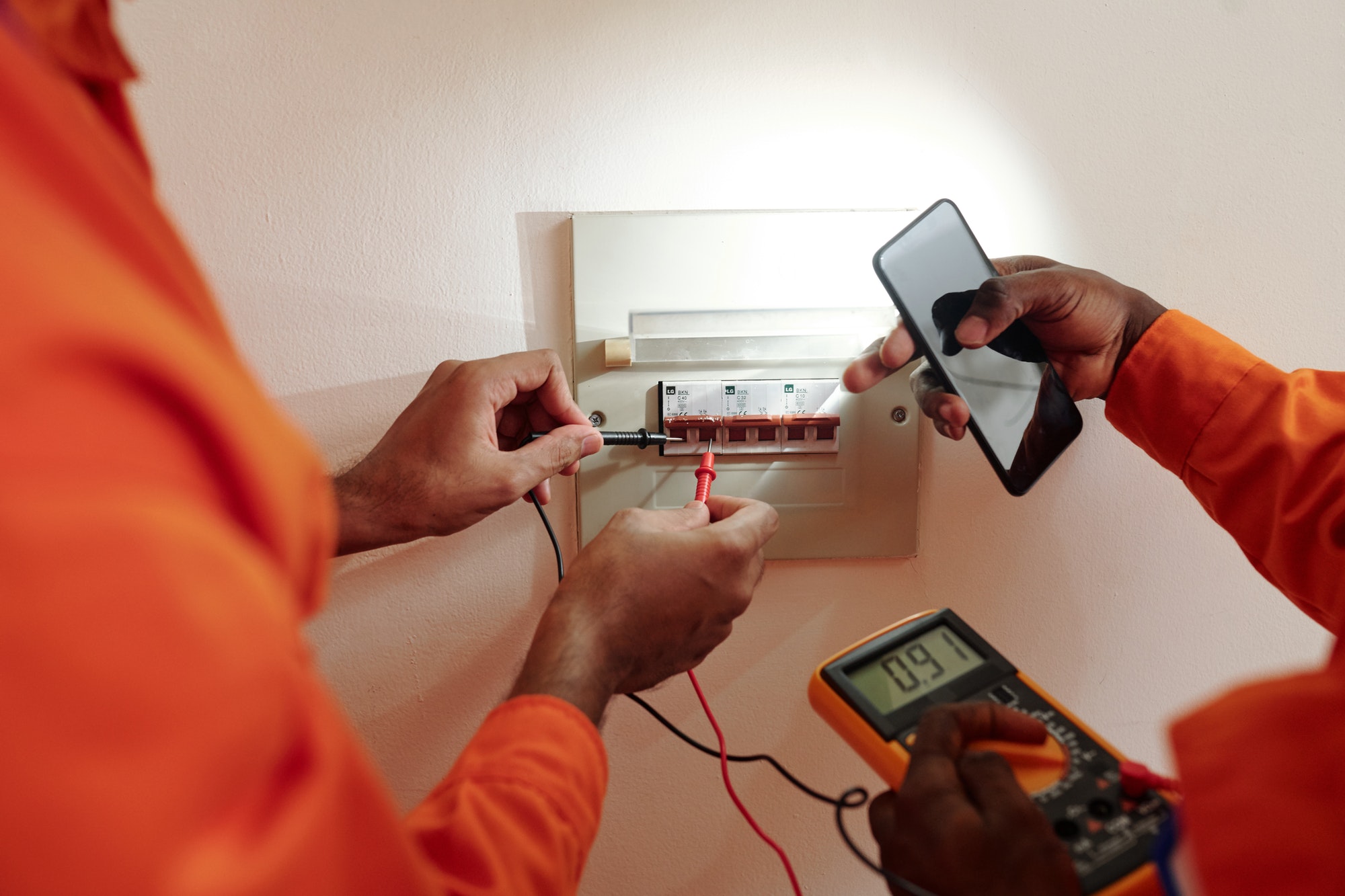Electricity is an essential part of modern life, powering our homes, workplaces, and many of the devices we rely on daily. However, it also poses significant risks if not handled properly. Electrical emergencies can happen at any time and can range from minor inconveniences to life-threatening situations. Knowing when to call an emergency electrician can make a crucial difference in preventing accidents, damage to property, and even loss of life.
Recognizing Electrical Emergencies
Understanding what constitutes an electrical emergency is the first step in ensuring safety. Here are some common scenarios that require immediate attention from a professional electrician:
1. Power Outages
Power outages are a common occurrence and can often be due to external factors like weather conditions or utility company issues. However, if your home is the only one in the neighborhood without power, it could indicate a more serious problem. A tripped circuit breaker or a blown fuse might be the cause, but these issues can also signal more significant underlying electrical problems that require a professional diagnosis.
2. Burning Smell or Smoke
One of the most alarming signs of an electrical emergency is the presence of a burning smell or smoke. This could indicate an overheating component, wiring fault, or even an impending electrical fire. If you notice such smells or see smoke coming from an outlet, appliance, or wiring, immediately turn off the power at the circuit breaker and call an emergency electrician. Do not attempt to fix the issue yourself, as this could exacerbate the problem and lead to serious injury.
3. Sparking or Arcing
Sparks or arcing from electrical outlets, switches, or appliances are clear indicators of a significant electrical fault. These can be caused by loose connections, faulty wiring, or damaged components. Sparks pose a severe fire risk and should be addressed by a professional electrician immediately.
4. Electric Shocks
Experiencing an electric shock when touching an appliance, switch, or outlet is a sign of a dangerous electrical issue. Even mild shocks can indicate a grounding problem or faulty wiring, which can lead to more severe shocks or electrical fires. It’s essential to have an emergency electrician inspect and resolve the problem to ensure your home’s safety.
5. Frequent Circuit Breaker Trips
Circuit breakers are designed to protect your home from electrical overloads by shutting off the power when necessary. However, if you find that your circuit breaker trips frequently, it could indicate that your electrical system is overloaded or that there is a short circuit or wiring issue. Continuous tripping can damage your electrical system and appliances, so it’s important to have an electrician assess and correct the problem.
6. Buzzing or Humming Noises
Unusual noises like buzzing or humming coming from electrical panels, outlets, or appliances can signify an electrical issue. These sounds are often caused by loose connections or overloaded circuits, which can lead to overheating and potential fires. Contact an emergency electrician to diagnose and fix the issue promptly.
Preventive Measures and Safety Tips
While knowing when to call an emergency electrician is crucial, taking preventive measures can help reduce the risk of electrical emergencies:
- Regular Inspections: Have a licensed electrician perform regular inspections of your home’s electrical system to identify and address potential issues before they become emergencies.
- Avoid Overloading Outlets: Do not overload electrical outlets with multiple high-wattage appliances. Use power strips with surge protectors if necessary.
- Update Old Wiring: Homes with outdated wiring systems are more prone to electrical problems. Consider upgrading to modern wiring to improve safety.
- Install Smoke Detectors: Ensure that smoke detectors are installed and functioning correctly, particularly in areas near electrical panels and appliances.
Conclusion
Electrical emergencies are serious situations that require immediate attention to prevent damage, injury, and loss of life. Recognizing the signs of an electrical emergency, such as power outages, burning smells, sparking, electric shocks, frequent breaker trips, and unusual noises, is essential. In such cases, contacting an emergency electrician is the safest course of action. Additionally, taking preventive measures can help reduce the risk of these emergencies, ensuring the safety and well-being of your home and loved ones.






